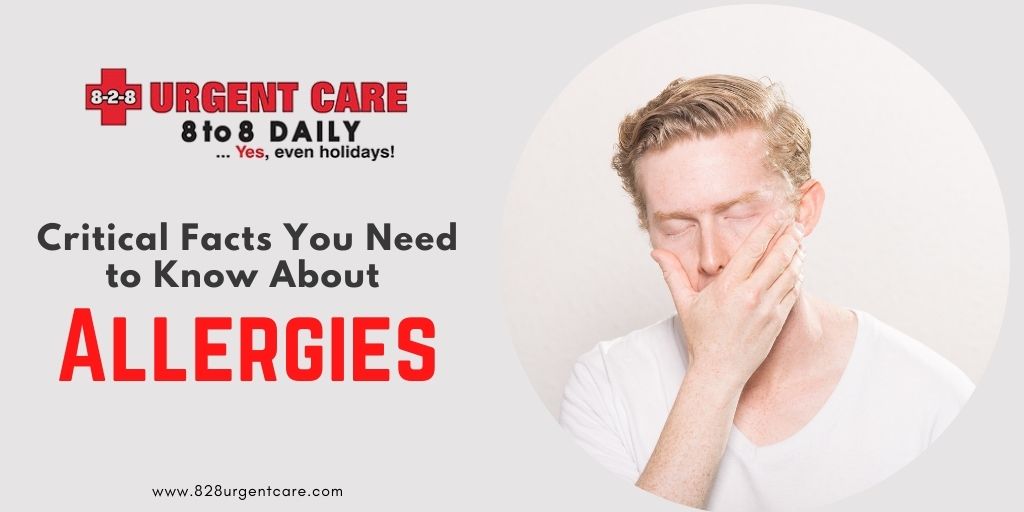


An allergy is a misguided reaction to foreign substances by the immune system, the body’s system of defense against foreign objects that are not always harmful. These foreign substances called allergens include certain foods, pollen, or pet dander. Over 50% of people suffer from allergies. It affects 10% to 30% of adults in the U.S.
The symptoms of allergies that an individual experiences are caused by several factors. It depends on the substance involved and can affect various parts of the body. They can also trigger life-threatening reactions like anaphylaxis.
An allergic reaction takes place when the immune system of a person reacts to a foreign substance. This immune system will then produce antibodies that identify allergens and combat them. This causes symptoms like skin inflammation, breathlessness, digestive problems, etc.
Common allergy triggers include:
The severity of allergies can range from minor to major and fatal reactions depending on the individual. Treatments can relieve some if not all allergy symptoms.
The best way to prevent allergies is to avoid triggers that cause allergic reactions. However, treatment options are available if you do come in contact with the triggers.
Medication often includes antihistamines like Diphenhydramine along with other drugs to control the symptoms:
Immunotherapy
This method involves several injections over a few years to help the body get used to the allergy. This can prevent symptoms from returning.
Emergency epinephrine
It is always safe to carry an emergency epinephrine shot in case of a life-threatening allergy. This shot counters the allergic reaction until medical care is provided.
Natural remedies
Some natural remedies to effectively prevent allergies include:
Diagnosis for allergies
The doctor may ask various questions about your symptoms and perform a physical exam. For instance, he may ask you if you had put on latex gloves in case of rashes on the hands. Later, a blood and skin test will confirm the presence of the suspected allergens.
If you are facing allergy issues or you have any queries related to it, visit us at 8 to 8 Urgent Care Clinic. We are a renowned walk-in clinic based in Oceanside, CA.